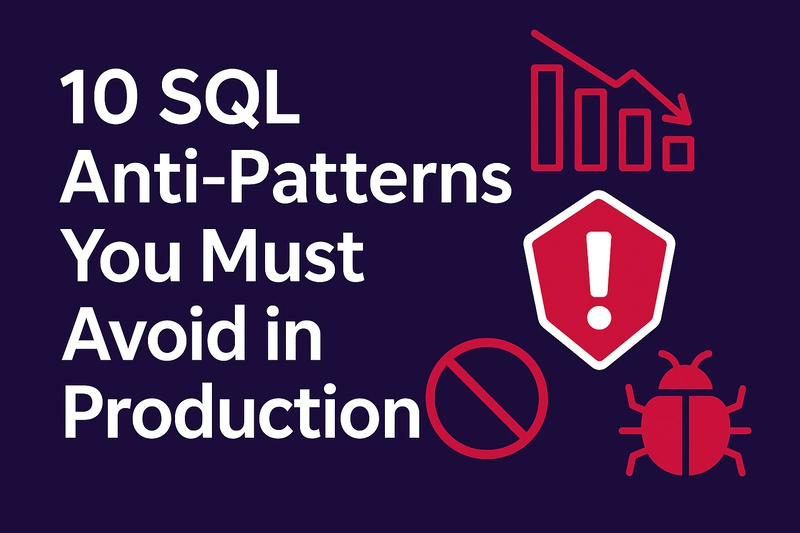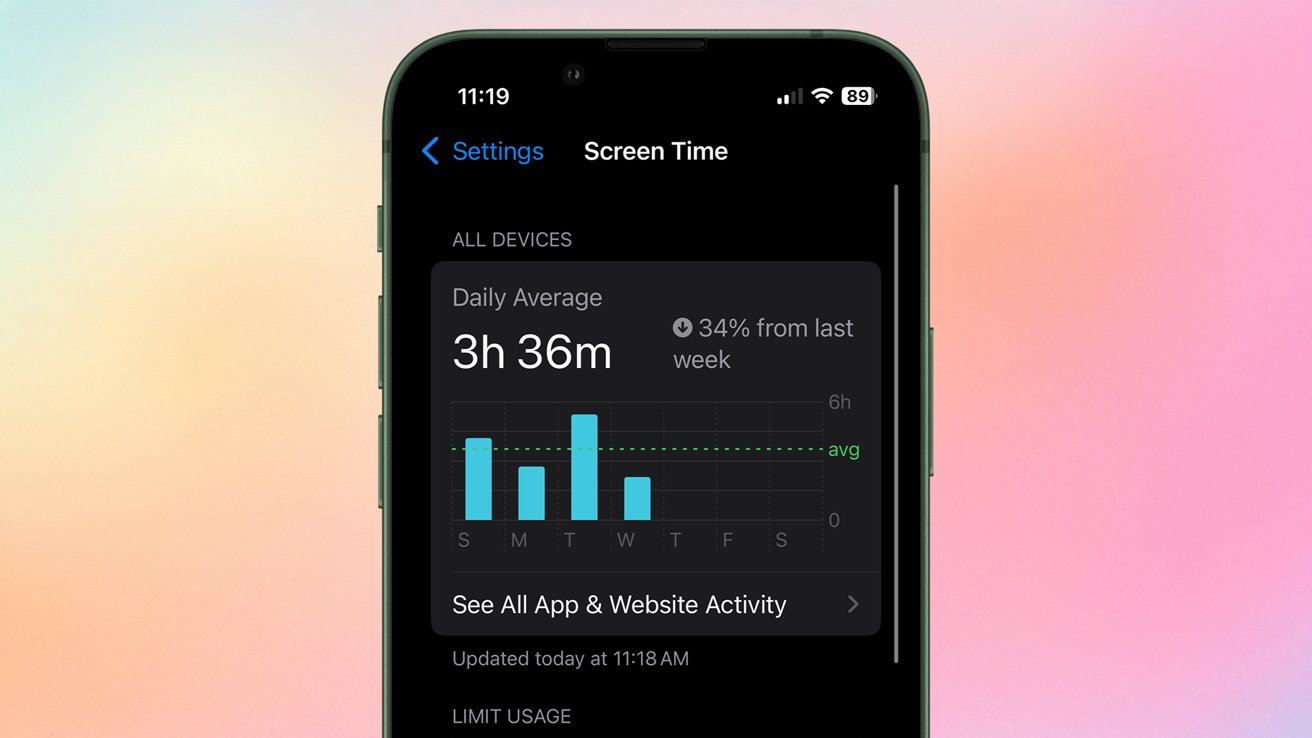10 SQL Anti-Patterns You Must Avoid in Production
10 SQL Anti-Patterns You Must Avoid in Production “Slow SQL isn’t always about bad servers — it’s often about bad habits.” As SQL developers and data engineers, we often prioritize functionality and overlook query quality. But poor SQL habits can lead to: Long response times Bottlenecked applications Excessive I/O and CPU Poor scalability In this post, we’ll break down 10 critical SQL anti-patterns and how to fix them. ❌ 1. N+1 Query Pattern Problem: Querying in a loop for each record. -- BAD: Fetching orders per customer inside loop SELECT * FROM Customers; -- For each customer: SELECT * FROM Orders WHERE customer_id = ?; ✅ Fix: Join and aggregate in one query SELECT c.id, c.name, COUNT(o.id) AS order_count FROM Customers c LEFT JOIN Orders o ON o.customer_id = c.id GROUP BY c.id, c.name; ❌ 2. Wildcard Index Scans Problem: Leading wildcard disables index usage. SELECT * FROM Products WHERE name LIKE '%phone'; ✅ Fix: Use full-text search or structured LIKE -- Better (index usable) SELECT * FROM Products WHERE name LIKE 'phone%'; ❌ 3. Implicit Data Type Conversions Problem: Filtering numeric column with a string. SELECT * FROM Orders WHERE id = '123'; ✅ Fix: Match types explicitly SELECT * FROM Orders WHERE id = 123;

10 SQL Anti-Patterns You Must Avoid in Production
“Slow SQL isn’t always about bad servers — it’s often about bad habits.”
As SQL developers and data engineers, we often prioritize functionality and overlook query quality. But poor SQL habits can lead to:
- Long response times
- Bottlenecked applications
- Excessive I/O and CPU
- Poor scalability
In this post, we’ll break down 10 critical SQL anti-patterns and how to fix them.
❌ 1. N+1 Query Pattern
Problem: Querying in a loop for each record.
-- BAD: Fetching orders per customer inside loop
SELECT * FROM Customers;
-- For each customer:
SELECT * FROM Orders WHERE customer_id = ?;
✅ Fix: Join and aggregate in one query
SELECT c.id, c.name, COUNT(o.id) AS order_count
FROM Customers c
LEFT JOIN Orders o ON o.customer_id = c.id
GROUP BY c.id, c.name;
❌ 2. Wildcard Index Scans
Problem: Leading wildcard disables index usage.
SELECT * FROM Products WHERE name LIKE '%phone';
✅ Fix: Use full-text search or structured LIKE
-- Better (index usable)
SELECT * FROM Products WHERE name LIKE 'phone%';
❌ 3. Implicit Data Type Conversions
Problem: Filtering numeric column with a string.
SELECT * FROM Orders WHERE id = '123';
✅ Fix: Match types explicitly
SELECT * FROM Orders WHERE id = 123;














































































































































































![[The AI Show Episode 156]: AI Answers - Data Privacy, AI Roadmaps, Regulated Industries, Selling AI to the C-Suite & Change Management](https://www.marketingaiinstitute.com/hubfs/ep%20156%20cover.png)
![[The AI Show Episode 155]: The New Jobs AI Will Create, Amazon CEO: AI Will Cut Jobs, Your Brain on ChatGPT, Possible OpenAI-Microsoft Breakup & Veo 3 IP Issues](https://www.marketingaiinstitute.com/hubfs/ep%20155%20cover.png)





































































































































































































































































_incamerastock_Alamy.jpg?width=1280&auto=webp&quality=80&disable=upscale#)
_Brain_light_Alamy.jpg?width=1280&auto=webp&quality=80&disable=upscale#)






























































































![Senators reintroduce App Store bill to rein in ‘gatekeeper power in the app economy’ [U]](https://i0.wp.com/9to5mac.com/wp-content/uploads/sites/6/2025/06/app-store-senate.jpg?resize=1200%2C628&quality=82&strip=all&ssl=1)























































































